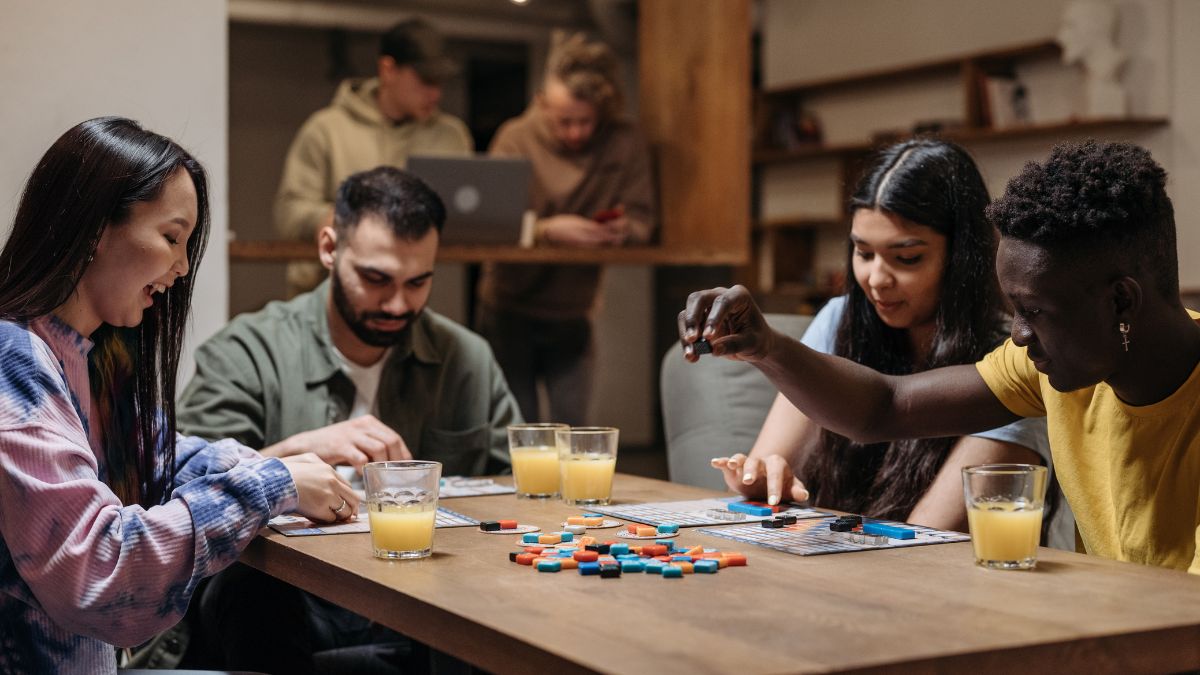Why do people keep coming back to board games? From ancient classics like Go and Chess to modern hits like Catan and Ticket to Ride, board games have captivated humans for thousands of years. They’re more than just entertainment—they tap into deep psychological needs that make us crave the experience of playing.
Let’s explore the psychology behind why board games are so irresistible.
1. The Joy of Competition
Humans are naturally competitive, and board games provide a safe, playful space to test our skills. Whether it’s outsmarting your opponent in Chess or blocking a friend’s move in Catan, competition triggers excitement and adrenaline, keeping us engaged.
2. The Thrill of Chance
Dice rolls, shuffled cards, and random draws add unpredictability to games. This element of chance activates the same brain pathways as gambling, giving us a rush of anticipation. The possibility of a lucky win keeps us on the edge of our seats.
3. The Need for Strategy
Board games appeal to our problem-solving instincts. Planning moves, thinking ahead, and making tactical decisions give us a sense of mastery and control. Winning through strategy is deeply satisfying because it feels earned.
4. Social Connection
At their core, board games are social. Sitting around a table, sharing laughs, and negotiating alliances fulfill our innate desire for connection. Psychologists call this the need for “belonging,” and board games provide the perfect stage to strengthen bonds.
5. Escapism and Storytelling
Many board games let us step into different worlds—whether as explorers, detectives, or adventurers. This role-playing aspect allows us to escape daily routines and immerse ourselves in exciting narratives, which is both relaxing and stimulating.
6. Learning and Growth
From a psychological perspective, we’re wired to enjoy learning. Board games challenge memory, logic, and creativity. Each session provides feedback, helping us improve skills while having fun. That’s why even kids’ games often double as educational tools.
7. The Satisfaction of Ritual
For many, the act of setting up a board, shuffling cards, and rolling dice feels comforting. Rituals give us structure and stability, and game nights become traditions that families and friends look forward to.
Final Thoughts
The love of board games isn’t just about winning—it’s about competition, chance, strategy, connection, and storytelling. They bring people together, challenge our minds, and give us joy in ways that tap into some of our deepest psychological needs.
So the next time you pull out a board game, remember: you’re not just playing—you’re engaging in an age-old human ritual that speaks directly to how our brains are wired.

